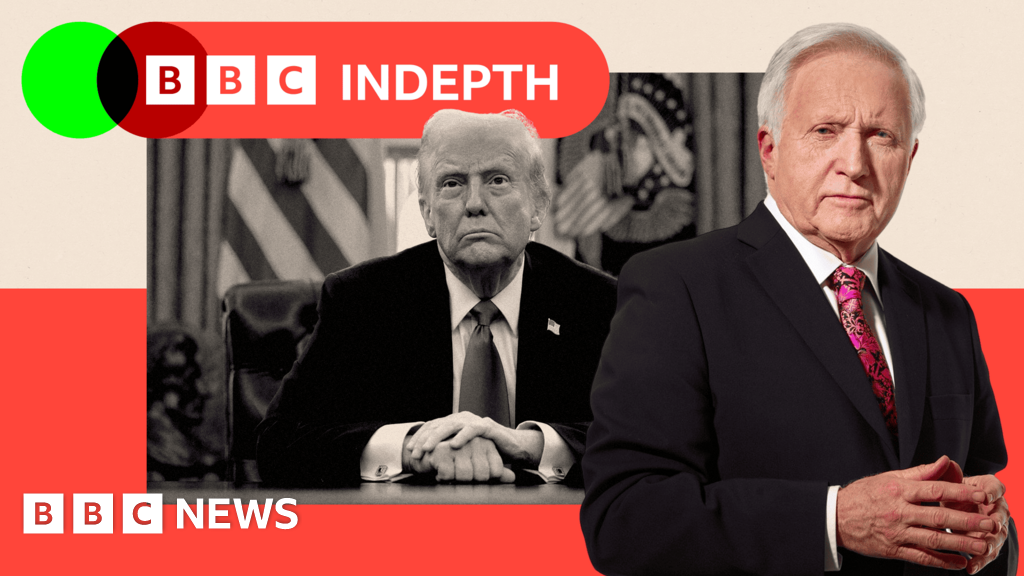David Dimbleby: I thought the free market was with us forever - then Trump came along

The Rise and Fall (and Rise?) of the Free Market
From Radical Idea to Dominant Force
Cast your mind back to 1974. Britain grappled with inflation, union battles, and an oil crisis that plunged the nation into darkness. Amidst this turmoil, a radical idea began to surface: the free market.
Championed by figures like Keith Joseph, this concept challenged the post-war consensus of government-controlled economies. It proposed a seemingly outlandish notion – that unshackled markets held the key to prosperity and security.
The Thatcherite Revolution
Fast forward to the 1980s, and Margaret Thatcher transformed this radical idea into the new reality. Privatization swept the nation, with once state-owned utilities like British Telecom offered directly to the public. Millions became shareholders, seemingly turning Thatcher's vision of a "nation of capitalists" into a resounding success.
This wasn't merely an economic shift; it was a cultural revolution. Britain’s relationship with money, government, and itself was redefined.
The Big Bang of 1986 further democratized finance, opening the City's doors to ordinary people.
Seeds of Discontent
Yet, even amidst this apparent triumph, concerns emerged. Businessman James Goldsmith, initially a beneficiary of the reforms, later warned of a fatal flaw: the relentless pursuit of profit would sever the link between businesses and their communities.
"You get to a system whereby, to get the best corporate profits, you have to leave your own country," Goldsmith cautioned, predicting offshoring and the collapse of communities.
The Brexit Backlash
Goldsmith's warnings resonated decades later. The 2016 Brexit vote saw strong support for Leave from those "left-behind" communities, suggesting a growing disillusionment with globalization.
The dream of a nation of shareholders had soured. The Thames Water privatization, once promising lower bills and better infrastructure, resulted in ballooning debt and environmental damage. The very system designed to deliver investment seemed to prioritize profit extraction.
The Trumpian Challenge
The free market now faces its most potent challenge yet, and ironically, it comes from within. Donald Trump, a billionaire businessman, has launched an assault on the system he ostensibly benefited from.
Trump's erratic methods, including tariffs on allies and foes alike, defy easy explanation. Yet, his protectionist policies represent a return to pre-free market ideas, aiming to strengthen America by restricting trade.
The Future of the Free Market
Is the free market era merely a blip in economic history? Trump's actions, though chaotic, reflect a long tradition of protectionism. The challenge he poses, coming not from socialist ideologues but from a figure of the right, makes it all the more significant.
The reign of the free market faces an uncertain future. Its fate hangs in the balance, caught between the forces of globalization and a resurgence of nationalistic sentiment.